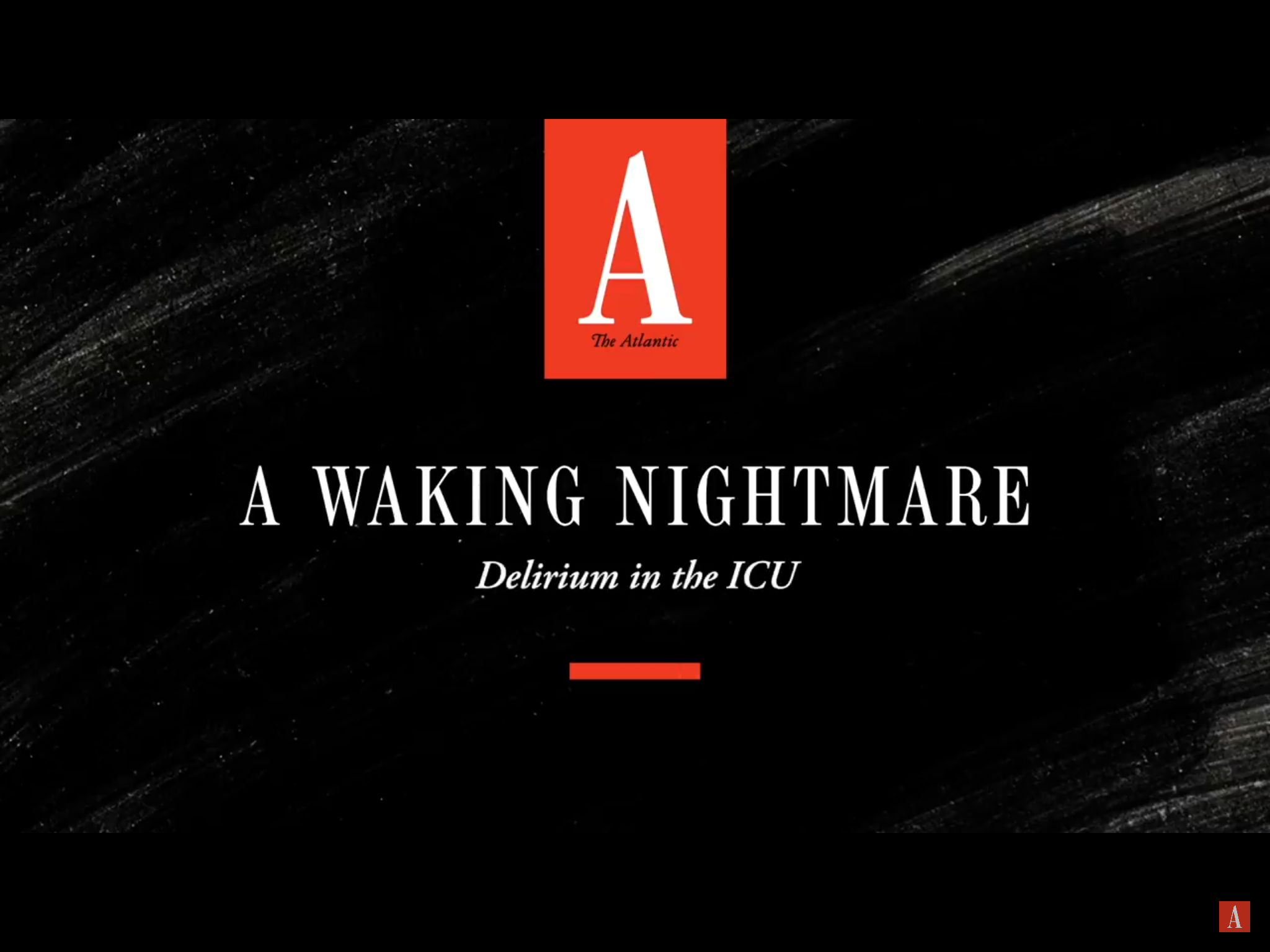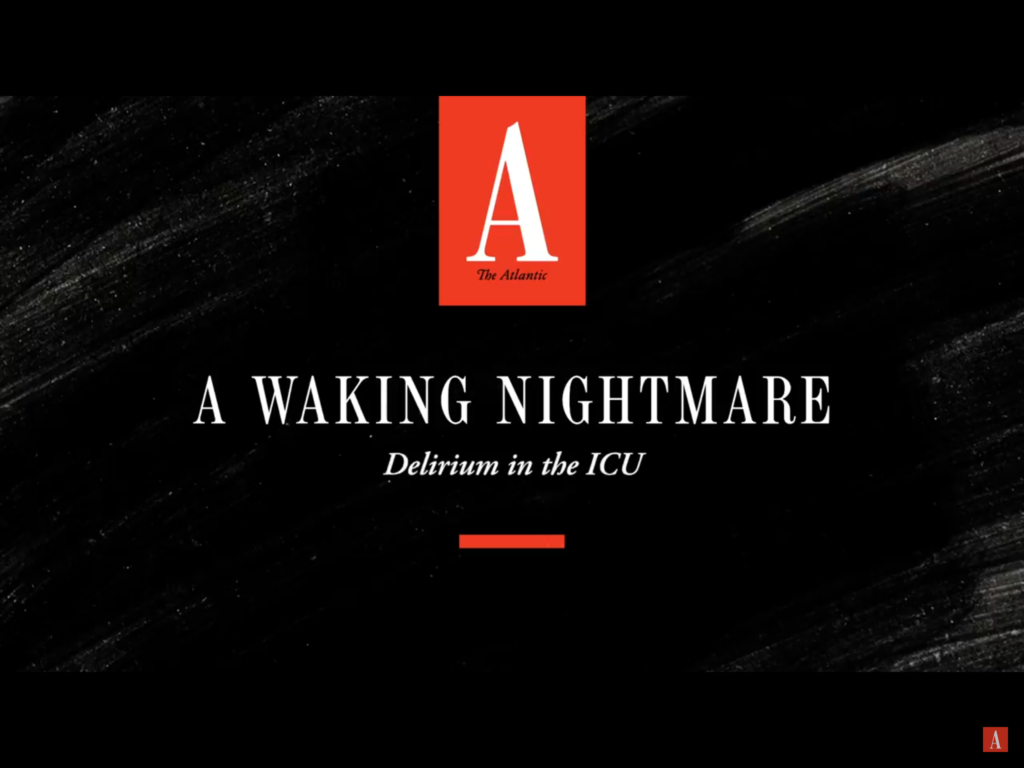Dancing while social distancing: Misty Copeland presents virtual ballet for charity
A ballerina in Australia floats across the dining room floor in a hijab. Another leaps in the air on a rooftop in the Philippines, while still another showcases her intricate footwork in her backyard in the United States.
Wearing tutus or tank tops, bowing to kitchen stoves or trees blowing in the wind, 32 dancers from 14 countries strapped on their toe shoes to perform a dance for a virtual audience to benefit the struggling dance community.
“It really felt like an opportunity to bring the dance world together and to really bring our forces together. And I felt like we could have more impact that way,” said Misty Copeland, who is the first dancer featured in the video and came up with the initiative with her former colleague, Joseph Phillips.
“Swans for Relief ” is designed to raise funds for dancers all over the world who have lost their jobs after ballet performances, like most public events, were shut down due to social distancing requirements to stem the spread of COVID-19.
“Once you’re let go of a company, it’s really difficult to find work again within that company or another company. So… I started reaching out to my friends,” she told The Associated Press in a Zoom interview Tuesday from her New York City home. “And it was just incredible that everyone I was reaching out to, I was just shocked that it was like: ‘Yes! I’m in!’”
Copeland partnered with the Entertainment Industry Foundation (EIF), with seed funding provided by K Period Media, to launch the program. A $500,000 goal has been set to help ballet dancers maintain their living expenses, since so many ballet companies and venues are closed.
The 32 ballerinas in the compilation video represent companies from all over the globe, including China, Russia, Europe, Cuba, Mexico, Philippines, South Africa, Canada, and the United States. The video, released Wednesday, shows each dancer at home performing the iconic steps from “Dying Swan,” set to “Le Cygne (The Swan),” performed by cellist Wade Davis.
Having a diverse group for the video was a top priority for Copeland, a trailblazer who is the first black female principal dancer at her company, American Ballet Theatre.
“I think that’s something that I’ve been fighting for my entire career, is to truly show the representation of what the world looks like within the ballet community,” she said. “You’ll see the diversity within this film. But it was also important for me to not just go for the biggest ballet stars, but to look within these companies and see talent, see up-and-coming talent and see diversity.”
For Copeland, the video also represents an opportunity for the ballet world to rethink how it interacts with fans.
“We’ve needed this reset, to kind of step back and reassess how we do things, especially for an art form that doesn’t really rely on media as much,” Copeland said. “It’s about time that we learn how to exist in this virtual world for the ballet community. So I do think there’s some positives in there and maybe just figuring out, you know, new ways of bringing theater to people so that it reaches more people.”
She added: “There are more ways than just stepping into a theater, that may be a bit scary for people, you know, for some time to come.”
Article via USAToday
Miley Cyrus has ‘no idea’ what the coronavirus pandemic is like
Miley Cyrus admitted her privilege as a celebrity has sheltered her from how the coronavirus pandemic is affecting everyday people.
“I know I’m in a unique position, and my experience with this pandemic is not like most everyone else’s in my country and around the world,” she told WSJ. magazine. “My life has been pushed pause on, but really I have no idea what this pandemic is like. I am comfortable in my space and able to put food on my table and [I am] financially stable, and that’s just not the story for a lot of people.”
Cyrus, 27, speculated that some celebrities have said no to appearing on her Instagram Live show, “Bright Minded,” because of their privilege.
“I’m sure a lot of the hesitation for other people saying yes to doing the show is because it almost doesn’t feel right for celebrities to share our experience,” she said. “Because it just doesn’t compare.”
The “Malibu” singer launched the program to connect with people while they’re stuck at home and said she’s continuously surprised by who responds to her Instagram DMs and who ignores her.
“I am the ultimate slide-into-the-DMs! This is the way that I have communicated and actually gotten things done for years,” Cyrus explained. “I ended up thinking, ‘S–t, I might as well send one to Reese Witherspoon. She’s probably not going to answer, but OK.’ And then she answered and said she would love to give me a couple minutes.
Article via PageSix
Check out some Lovleyti videos:
Nicki Minaj Calls Out Miley Cyrus “You gave Mike Will Head!”+ She’s getting married to Kenneth!
Idris Elba tests positive After Waka claims Black People can’t get the Coronavirus
23 Signs You’re Secretly a Narcissist Masquerading as a Sensitive Introvert
Article via GetPocket
If I see one more listicle about introversion, I’m going to cry.
It started out with the fairly reasonable “31 Unmistakable Signs That You’re An Introvert.” Sure, many of the items on the list offered an exaggerated version of introversion, but there were some real gems that had a large grain of truth. Like this one:
But then this happened:
22 Signs Your Dog’s An Introvert
“He often wears headphones with no music playing, in the hopes no one will try and talk to him.”
You’d think that’d be enough for a lifetime of listicles. But no… they kept coming, mixing together many different traits under the general umbrella “introversion.” For instance, some lists include shyness-reated behaviors, but it’s well documented that shyness is not the same thing as introversion. Shyness is more related to being anxious and neurotic. There are plenty of introverts who prefer alone time but really aren’t anxious or shy when interacting with other people.
Another common misconception perpetuated by these listicles is that introversion and sensory processing sensitivity are the same thing. From “23 Signs You’re Secretly An Introvert“:
“While extroverts tend to get bored easily when they don’t have enough to do, introverts have the opposite problem — they get easily distracted and overwhelmed in environments with an excess of stimulation.”
Actually, sensory processing sensitivity is not the same thing as introversion. There are plenty of socially introverted folks who can deal with loud sounds and bright lights, even though they may get emotionally drained from too many superficial social interactions. Vice versa, there are plenty of socially extraverted individuals who get overstimulated by sensory input. A number of studies support that idea that sensory processing sensitivity is much more strongly linked to anxiety (neuroticism) and openness to experience than introversion.
But when I saw this listicle, I just about flipped my lid:
7 Signs Kanye West Is Secretly An Introvert
Really? Let’s clarify something here: Narcissism is definitely not the same thing as introversion.
Have you ever met someone who constantly tells you how “sensitive” and “introverted” they are, but all you actually see is selfishness and egocentricity? I’m sure you have, because these people exist in spades.
When most people think of narcissism, they think of the public face of narcissism: extraversion, aggression, self-assuredness, grandiosity, vanity, and the need to be admired by others (see “How to Spot a Narcissist“). But as far back as 1938, Harvard psychologist Henry Murray noticed another breed of narcissist among his undergraduates: the covert narcissist. While the “overt” narcissists tended to be aggressive, self-aggrandizing, exploitative, and have extreme delusions of grandeur and a need for attention, “covert” narcissists were more prone to feelings of neglect or belittlement, hypersensitivity, anxiety, and delusions of persecution.
In the ’90s, psychologist Paul Wink analyzed a variety of narcissism scales and confirmed that there are indeed two distinct faces of narcissism, which they labeled “Grandiosity-Exhibitonism” and “Vulnerability-Sensitivity”. He found that both shades of narcissism shared a common core of conceit, arrogance, and the tendency to give in to one’s own needs and disregard others. But that’s where the similarities ended.
While Grandiosity-Exhibitionism was associated with extraversion, aggressiveness, self-assuredness, and the need to be admired by others, Vulnerability-Sensitivity was associated with introversion, hypersensitivity, defensiveness, anxiety, and vulnerability. Further research by Jonathan Cheek and Jennifer Odessa Grimes at Wellesley College found a moderate correlation between covert narcissism and the Highly Sensitive Person Scale developed by Elaine Aron.
In other words, while introversion, sensitivity, and narcissism are all partially separate traits, hypersensitive covert narcissists are more likely to report that they are introverted and sensitive.
Are You a Covert Narcissist?
By this point, you’re probably wondering if you’re secretly a hypersensitive covert narcissist masquerading as a sensitive introvert. Without further ado, here are 23 items that will allow you to gain greater insight into your personality. In a recent study conducted on a group of 420 undergraduates, Jonathan Cheek and colleagues found that higher scorers on this “Maladaptive Covert Narcissism Scale” tended to also score higher on tests of entitlement, shame, and neuroticism, and tended to display lower levels of self esteem, extraversion, agreeableness, and conscientiousness. In contrast, maladaptive overt narcissism wasn’t related to shame, self esteem, or neuroticism, even though overt narcissists reported feeling just as entitled as covert narcissists. It seems if you have to be a narcissist, it’s better to be an overt narcissist than a covert narcissist!
So here’s the test. Be honest with yourself!
Maladaptive Covert Narcissism Scale (MCNS)*
Please answer the following questions by deciding to what extent each item is characteristic of your feelings and behavior. Fill in the blank next to each item by choosing a number from this scale:
1 = very uncharacteristic or untrue, strongly disagree
2 = uncharacteristic
3 = neutral
4 = characteristic
5 = very characteristic or true, strongly agree
- ___ I can become entirely absorbed in thinking about my personal affairs, my health, my cares or my relations to others.
- ___ My feelings are easily hurt by ridicule or the slighting remarks of others.
- ___ When I enter a room I often become self-conscious and feel that the eyes of others are upon me.
- ___ I dislike sharing the credit of an achievement with others.
- ___ I feel that I have enough on my hand without worrying about other people’s troubles.
- ___ I feel that I am temperamentally different from most people.
- ___ I often interpret the remarks of others in a personal way.
- ___ I easily become wrapped up in my own interests and forget the existence of others.
- ___ I dislike being with a group unless I know that I am appreciated by at least one of those present.
- ___ I am secretly “put out” or annoyed when other people come to me with their troubles, asking me for their time and sympathy.
- ___ I am jealous of good-looking people.
- ___ I tend to feel humiliated when criticized.
- ___ I wonder why other people aren’t more appreciative of my good qualities.
- ___ I tend to see other people as being either great or terrible.
- ___ I sometimes have fantasies about being violent without knowing why.
- ___ I am especially sensitive to success and failure.
- ___ I have problems that nobody else seems to understand.
- ___ I try to avoid rejection at all costs.
- ___ My secret thoughts, feelings, and actions would horrify some of my friends.
- ___ I tend to become involved in relationships in which I alternately adore and despise the other person.
- ___ Even when I am in a group of friends, I often feel very alone and uneasy.
- ___ I resent others who have what I lack.
- ___ Defeat or disappointment usually shame or anger me, but I try not to show it.
Done? Now add together all the numbers to come up with a total score.
How’d You Do?
If you thought on some each of these, “Oh dear lord, that’s sooooo me,” don’t panic. As I mentioned, there’s some overlap between this scale and other tests that measure introversion and sensitivity. In a recent study conducted on college students, the average score on this scale was in the mid-upper 60s. So if your score hovered around that range, you’re about average in covert narcissism. If your score was below 40, you scored very low in covert narcissism.
If, however, your score was 82 and above, you scored high in covert narcissism. And if your score was above 97, well, you might want to own yourself as a card-carrying covert narcissist, instead of constantly telling people to stop criticizing you because your sensitive, introverted soul can’t handle it.
Now, do genuinely introverted people exist? Absolutely. Are there genuinely sensitive people? For sure. There are even many individuals who are both sensitive and introverted.
But the latest research suggests that there is also a large selfish segment of the population who say they are introverted and sensitive when they really just can’t stand it that everyone doesn’t recognize their brilliance.
With that said, whoever bans the word “listicle” from the English lexicon is genuinely brilliant, regardless of their shade of narcissism.
The first 10 items of this scale are taken from the original Hypersensitive Narcissism Scale. The rest of the items were added to create a more reliable and valid scale. This new and improved 23-item scale was recently presented at the 2013 Association for Research in Personality conference by Jonathan Cheek, Holly Hendin, and Paul Wink.
Scott Barry Kaufman, Ph.D., is a humanistic psychologist exploring the depths of human potential. He has taught courses on intelligence, creativity, and well-being at Columbia University, NYU, the University of Pennsylvania, and elsewhere. In addition to writing the column Beautiful Minds for Scientific American, he also hosts The Psychology Podcast, and is author and/or editor of 9 books, including Transcend: The New Science of Self-Actualization, Wired to Create: Unravelling the Mysteries of the Creative Mind(with Carolyn Gregoire), and Ungifted: Intelligence Redefined. In 2015, he was named one of “50 Groundbreaking Scientists who are changing the way we see the world” by Business Insider. Find out more at http://ScottBarryKaufman.com. © 2013 Scott Barry Kaufman, All Rights Reserved.
Note: Even though Kanye West sings songs such as “I Am A God,” I admit it’s possible that he is actually the reverse of the focus of my article: a sensitive introvert masquerading as a narcissist. I don’t know him personally.
Trump Fan Confronted Buying up Toliet and Towel Paper
Original post March 23, 2020

MEET THE PRESS Full Broadcast For May 4th

NYC Dr Carmeron Kyle- SIDELL His thoughts treating COVID 19
STAY INFORMED TISIPPERS












